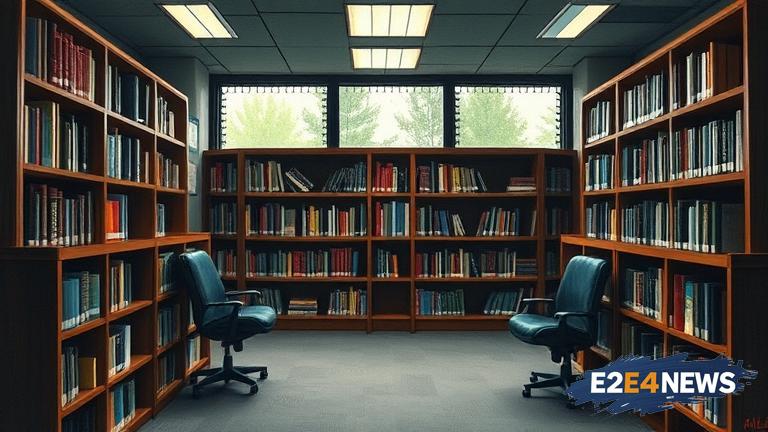The Alberta government has introduced new guidelines for K-12 school libraries to address concerns about explicit content in books and materials. These guidelines are designed to ensure that students have access to appropriate resources while respecting parental values and community standards. The new policy includes a review process for books and materials, which will involve parents, educators, and experts. Libraries will now be required to consider the age-appropriateness and educational value of materials before adding them to their collections. The guidelines also emphasize the importance of parental involvement in decisions about what materials their children can access. School librarians will receive training to help them implement the new guidelines effectively. The move has been welcomed by some parents who feel that previous policies did not adequately address their concerns about explicit content. However, others have expressed concerns that the guidelines could lead to censorship and limit students’ access to diverse perspectives. The Alberta Teachers’ Association has stated that they will work with the government to ensure that the guidelines are implemented in a way that respects both student needs and community values. The new policy is part of a broader effort by the Alberta government to give parents more say in their children’s education. Critics argue that the guidelines could have a chilling effect on the availability of books that deal with sensitive or controversial topics. Supporters, on the other hand, believe that the guidelines will help create a more inclusive and respectful learning environment. The implementation of the guidelines will be closely monitored by both supporters and critics to see how they impact the diversity of materials available in school libraries. The debate over explicit content in schools is not new, but the new guidelines represent a significant shift in how Alberta is approaching the issue. As the guidelines are rolled out, schools will need to balance the need to protect students from inappropriate material with the importance of providing access to a wide range of ideas and perspectives. The outcome of this effort will likely influence similar debates in other provinces and territories across Canada.
